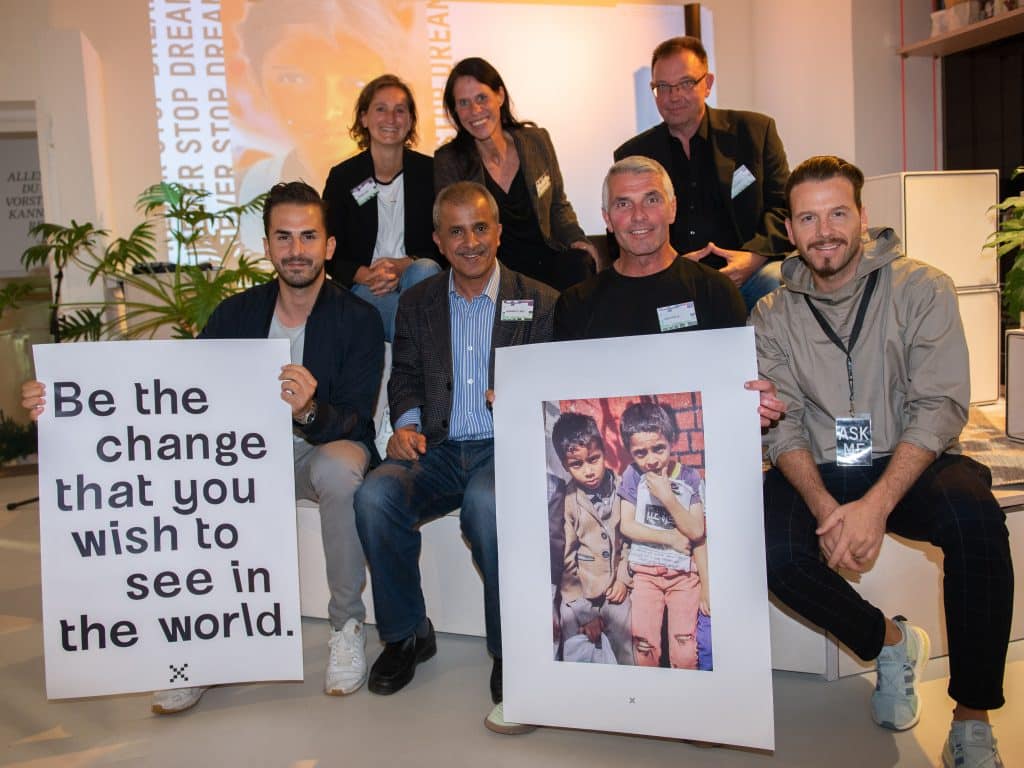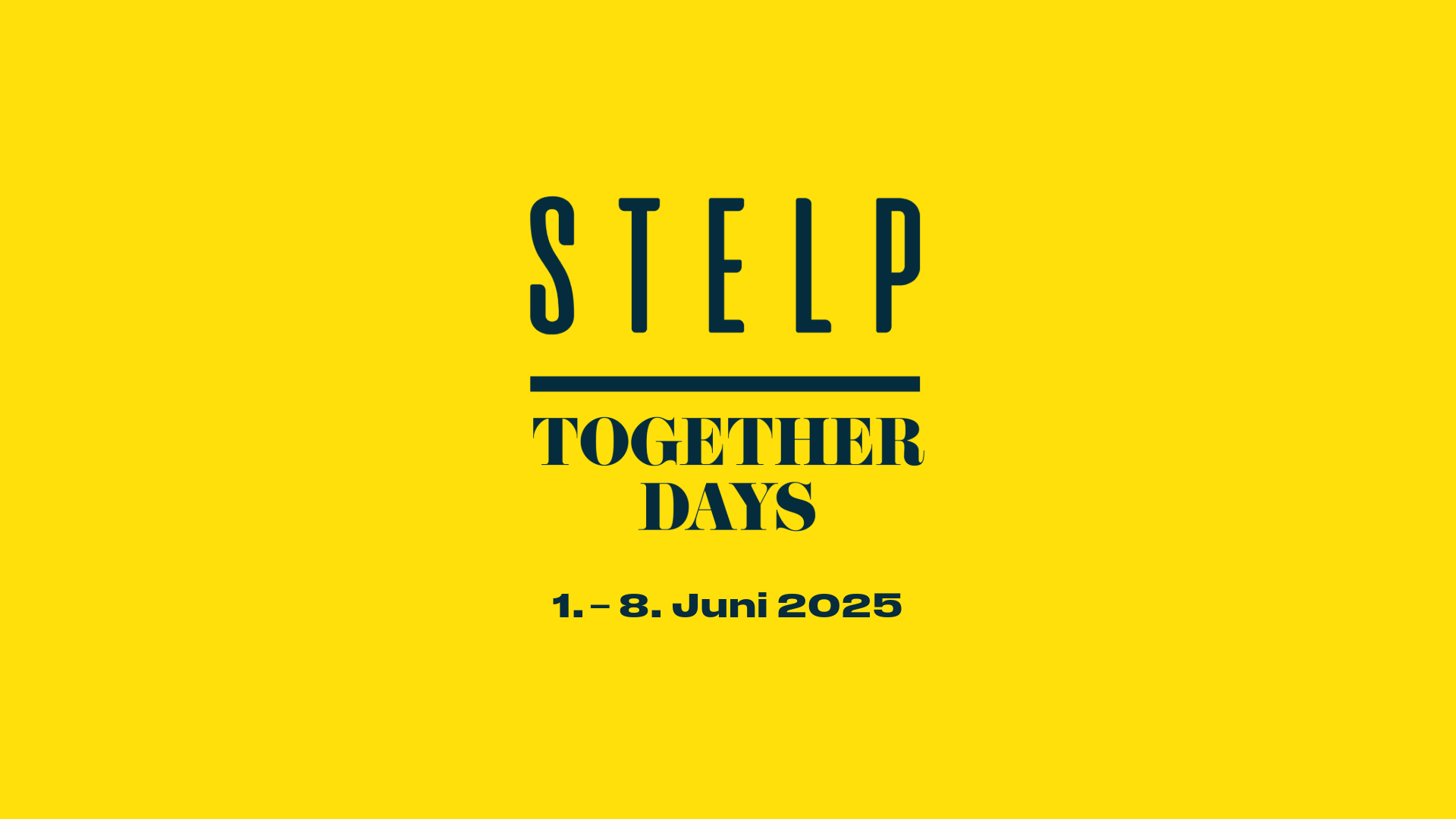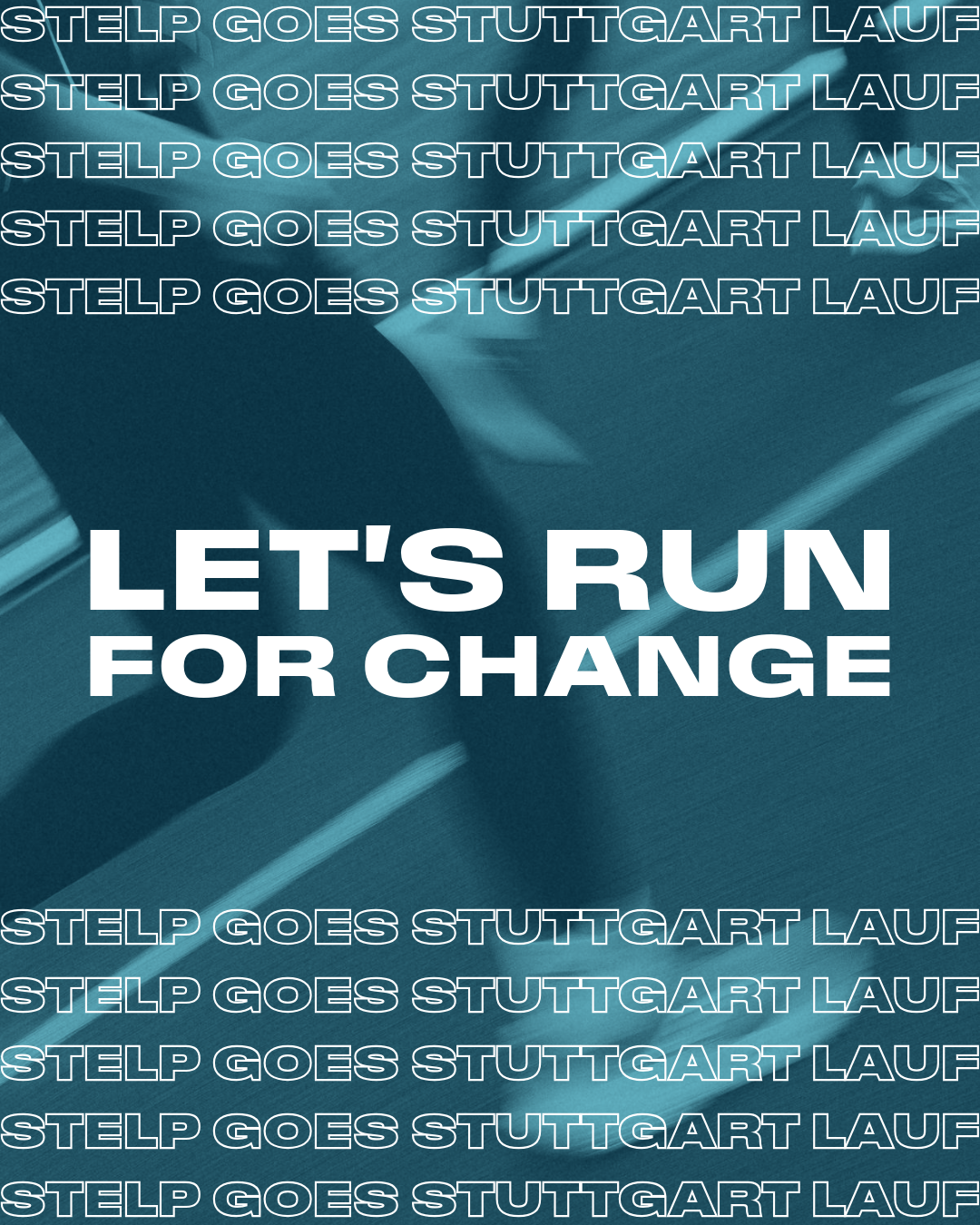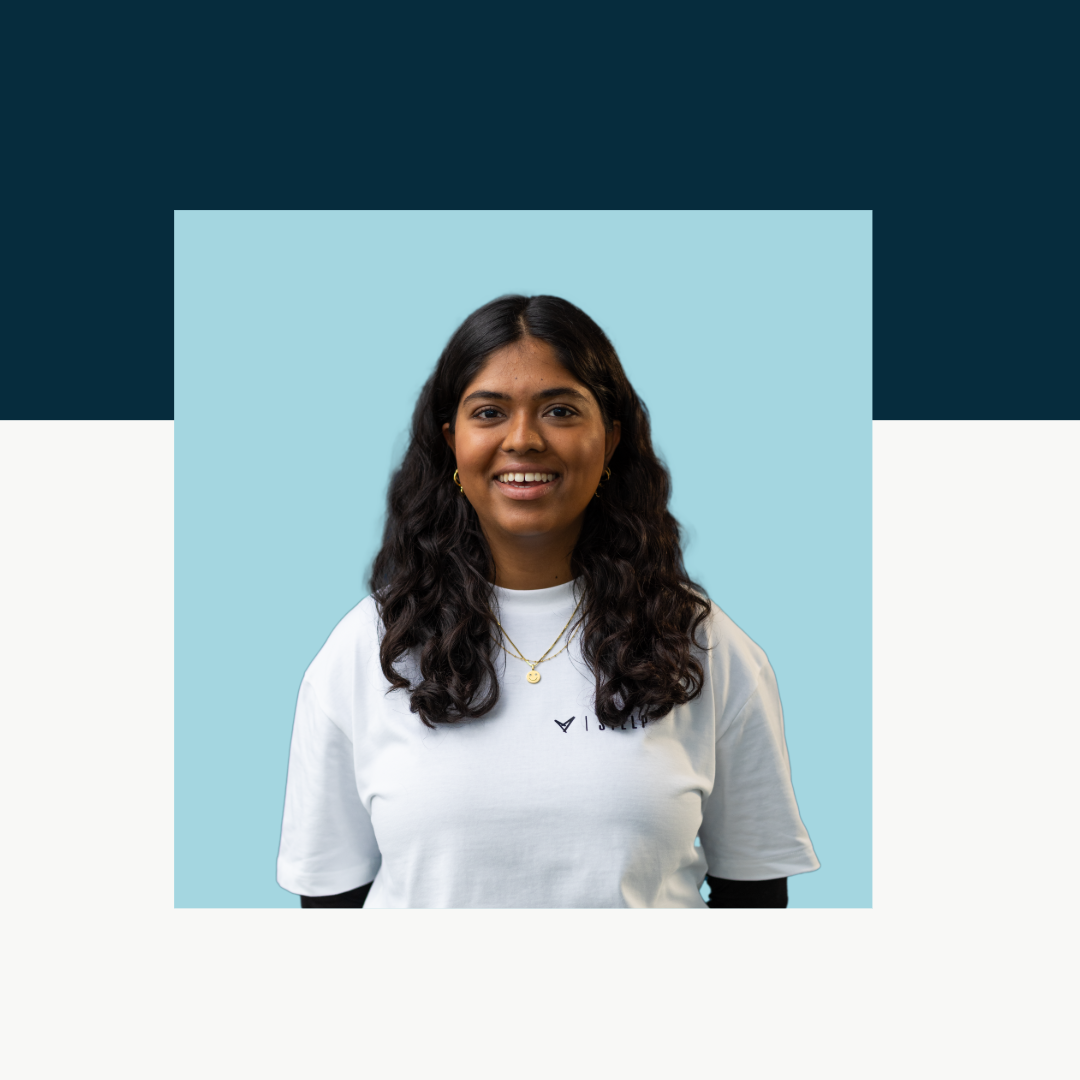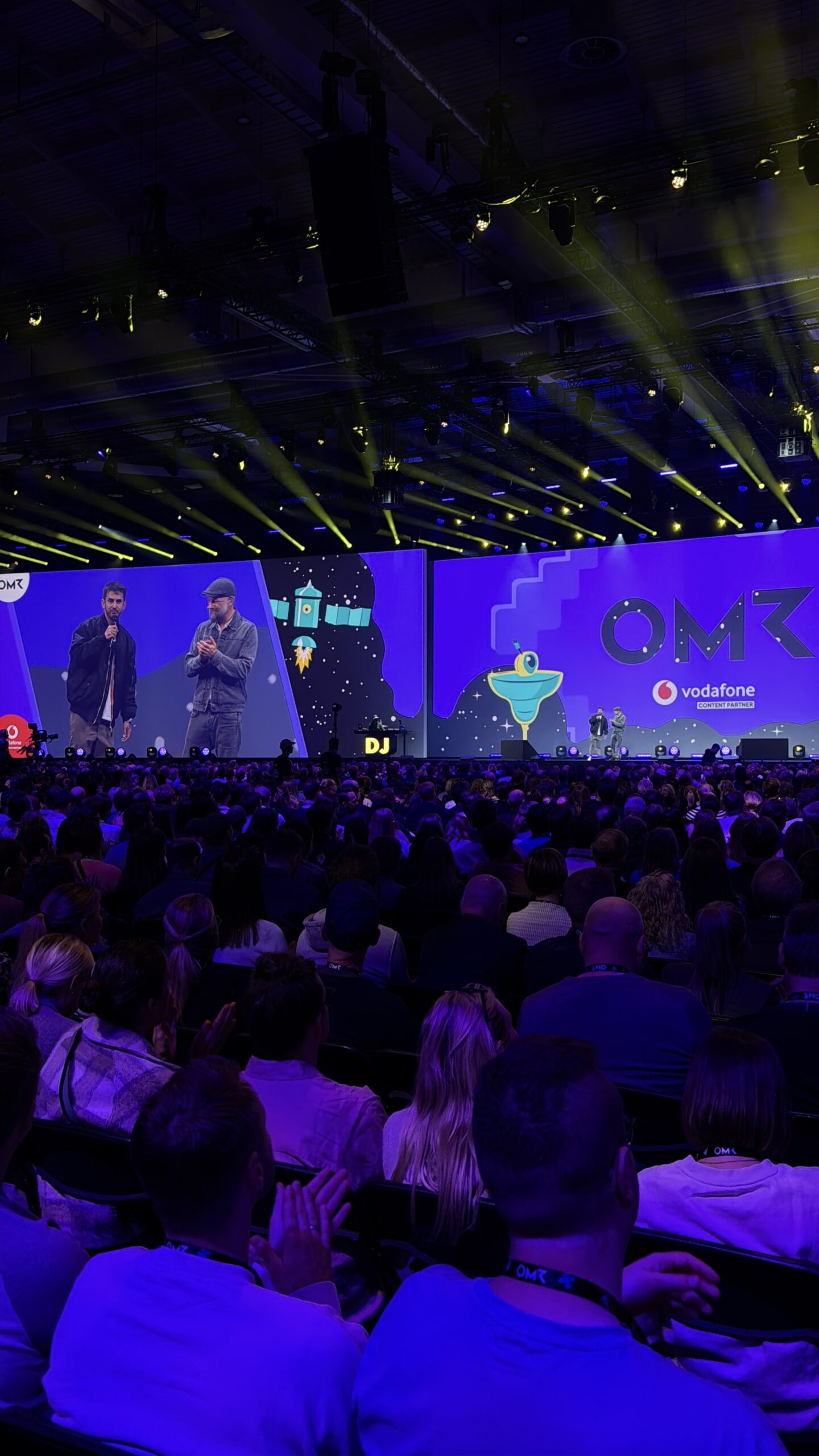Mohammed Baza, our project manager in Yemen, was a guest in Germany
Text: Manuel Kaier | Pictures: Markus Schwarz
Seven hours… that’s how long a trip from Sanaa, the capital of Yemen, to Frankfurt took before war broke out in the country in the south of the Arabian Peninsula in 2015. Mohammed Baza, Managing Director at Cameleers Tours, journalist and contact person for ARD, has made this trip countless times: In the evening he was still sitting at the table with his family and by breakfast he was already in Germany.
And now Mohammed has to plan three days for this trip. Over destroyed roads and past military checkpoints, he now travels for an initial 14 hours from Sanaa in the direction of Aden, which lies in the south of the country and used to be just a five-hour drive away. The only airport in the country that is currently still in operation is located there – the only possibility of getting out of the isolated country at all. Both land and water borders are sealed. No one makes it in or out – neither journalists nor aid organizations nor people on the run. Only two airlines still operate the air route, and the only existing route is from Aden to Cairo. Since Mohammed never knows exactly if and when his plane will actually take off and when he will land in Egypt, he usually plans another night as a buffer in Cairo before flying to Germany the next day.
There, in Stuttgart to be precise, we sit down with Mohammed at the end of September for dinner at an Italian restaurant – where he tells us about his arduous journey. Mohammed came to Germany to report on his home country, the current political situation and the aid projects he is overseeing on the ground on behalf of Future 4 Kids and STELP.
“Civilians are suffering the most from the war.”
We have been aware of the urgent need for these projects since the beginning of our partnership. But the stories and images Mohammed shares with us that evening leave us speechless. As we sit together in safety and over a generous selection of food, he tells us about a school bus carrying more than 50 children between the ages of 6 and 12 that was bombed from the air in the middle of a market. He tells of thousands of civilian casualties that the war in his country claims every year – without any real reason for such atrocities nor an end to the war becoming apparent. Mohammed reports on the United Nations and various aid organizations, some of which no longer venture into the refugee camps outside the cities because of the security situation. Conditions there are catastrophic and there is neither water nor enough food. And he tells us about countless individual fates that he experiences on a daily basis – including far too many children, around two million of whom suffer from hunger in Yemen, and some of whom have been doing so their entire lives.
“I am sure our help has saved many children’s lives”.
But despite all the suffering that Mohammed experiences in his homeland and shares with us, positive experiences and moments of humanity are not left out on this evening together. It is impressive how much optimism, humor and motivation he has been able to retain in the face of the state of his country. It is only through his tireless efforts on the ground and numerous donations from Germany that more than 1,000 children in several schools in Sanaa can be provided with a healthy and warm meal every day. In the past, it was not uncommon for children to faint during class due to weakness and malnutrition. Individual children would probably have met an even more tragic fate, which Mohammed makes us aware of with a very impressive sentence that evening: “I am sure: Our help has saved the lives of many children”.
“We can all do something, at least a little bit.”
“We can all do something, at least a little bit.” This clear call fills the headquarters of ARTHELPS in Stuttgart Easter a day later. There, on the day after our dinner together, there will be a presentation on the situation in Yemen, organized by Future 4 Kids. Mohammed will be joined by ARD correspondent Thomas Aders – the two know each other through their many years of working together for the public broadcaster. Aders was a correspondent for the Arab region for several years and managed, among other things, to get an exclusive interview with Syrian strongman Assad after four years of effort.
Nevertheless, Aders begins his talk by saying that in his career of reporting from countless countries, few things have made him prouder than being involved in the realization of our joint aid project in Sanaa. And if you follow his subsequent remarks about the hopelessly entangled power interests of the warring parties and the major international powers in Yemen, which give little hope of ending the war any time soon, you get a sense of why he says that: Even though Sanaa is now a three-day trip away and it doesn’t seem to be in our power to end the war, the work on the ground that Mohammed will resume upon his return demonstrates exactly what one guest says after the talk to the group looking for solutions: “We can all do something, at least something. Even if it’s only €5 a month.”
Mohammed’s visit has once again shown us impressively: Donations, no matter how small, are received – and they save lives, every day anew.
